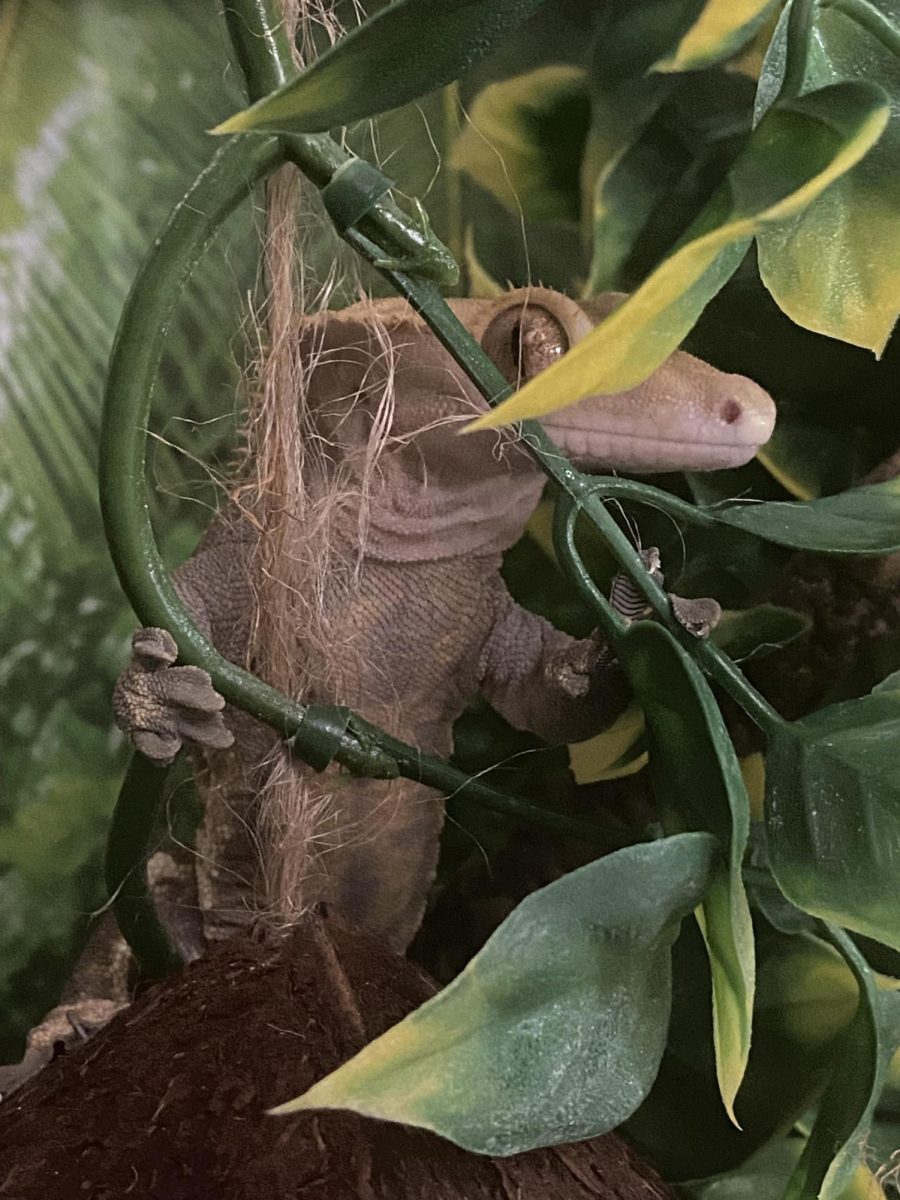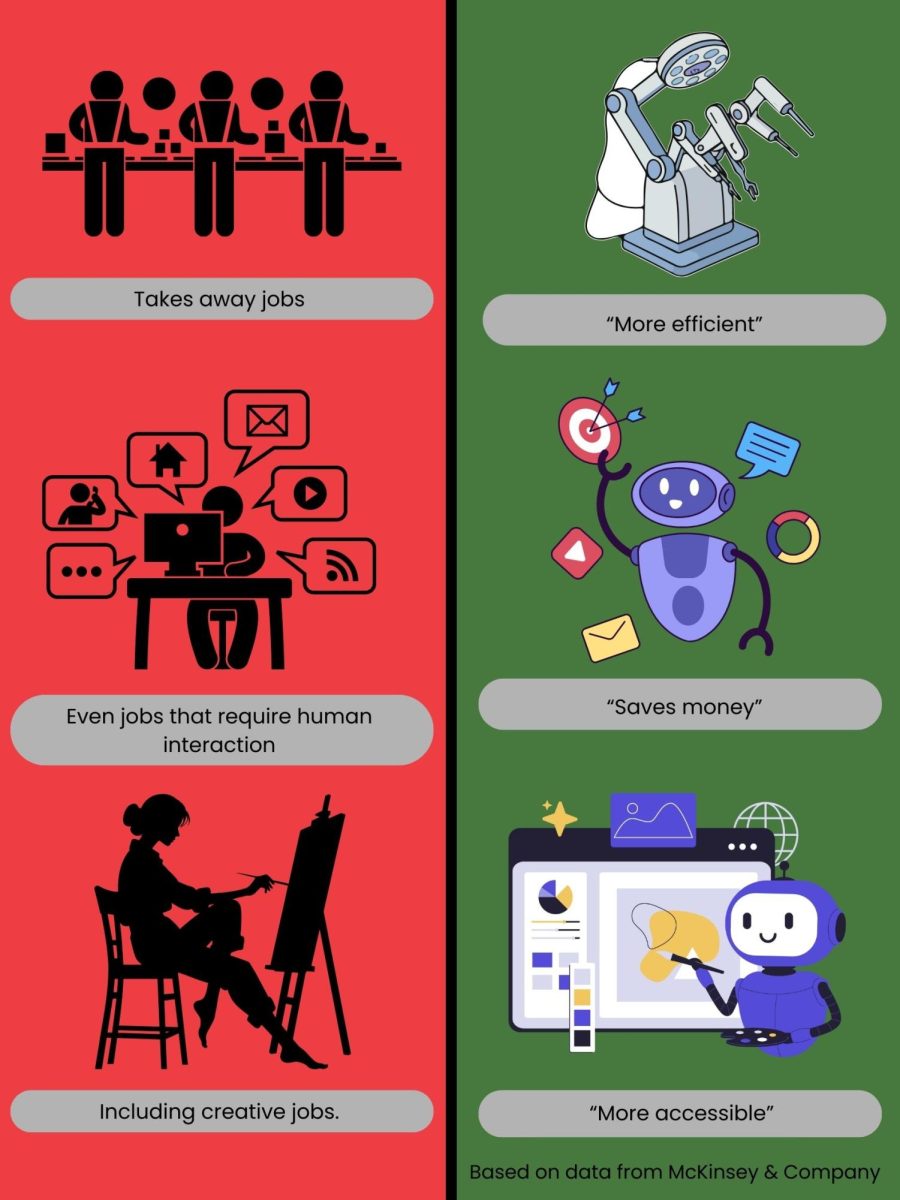On April 7, genetic engineering company Colossal Biosciences announced that they had performed what they termed a “de-extinction” by breeding a dire wolf, a prehistoric canine species that last roamed the earth 100,000 years ago. There is just one problem: They did not actually bring the dire wolf back.
Although all Colossal actually did was edit gray wolf genes with the little dire wolf DNA they found to physically resemble the “Game of Thrones” depiction of the dire wolf (we do not actually know what the real dire wolf precisely looked like), the news has still gone extremely viral online and sparked a variety of discussions on what the effects of “de-extinction” will be. Colossal has also announced their efforts to “de-extinct” the woolly mammoth, beginning with the creation of the woolly mouse as an early step, which has been claimed to have the potential to help combat global warming.
But behind all this, one question sticks out most of all: why? With over 1,300 endangered species in the United States alone, is the addition of more species even sustainable? Though cute animal videos and pictures may warm hearts on social media, very little of this has transferred to reality as mass deforestation efforts have swept Indonesia and Honduras in just the last year. Though these gene editing advancements generate optimistic headlines for the future of the environment, the real-world effect looks minimal.
For the average person, though, it seems that Colossal’s billionaire backed marketing has largely worked; the masses are largely convinced that the dire wolf is coming back, even if the current version is only slightly different from our modern gray wolves. While next to no headway on issues affecting actual animals in nature is made, it seems as though people are more interested in fretting about “Jurassic Park” happening in real life.
Still, there is a chance for change. Even if just more eyes were on the real environmental issues currently plaguing the world, rather than novelty scientific advancements, maybe we would not be in such a bad place. Simply educating ourselves on the issues of climate in the world right now might be enough, but instead, we get wowed by de facto tech showcases. Hope is not lost yet; we just need to get our priorities straight, and maybe there are some issues more important than the dire wolf out there in the world.









